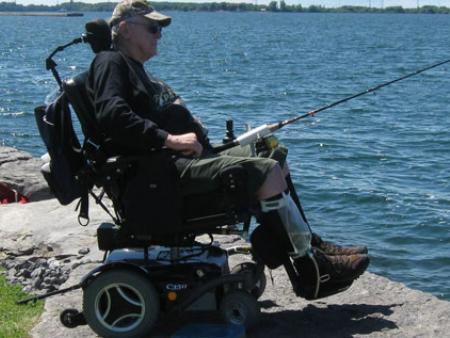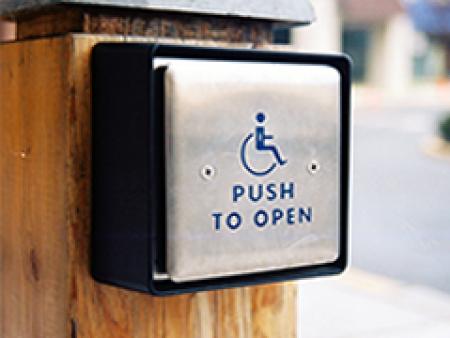The mission of the Inclusive Recreation Resource Center (IRRC) is to promote and sustain participation by people of all abilities in inclusive recreation activities and resources.
Learn more about us in this short informational video:
We put our mission into action with these ongoing services and activities.
Here are two handouts about the IRRC and Inclusion U Online that you can download and share with others:
Inclusion U
We provide training, called Inclusion U, to parks and recreation professionals, self-advocates, college students, tourism professionals, human services professionals, families, and anyone interested in increasing opportunities for inclusive recreation. Inclusion U teaches you how to be a Certified Inclusivity Assessor! Once you complete Inclusion U you are able to complete inclusivity assessments and submit the results to the IRRC to be included in an online recreation database.
Inclusivity Surveys
With a user-friendly tool, the Inclusivity Assessment Tool, we help programs and facilities assess both physical accessibility and programmatic inclusion.
Online Recreation Database
All programs or facilities that are assessed using the Inclusivity Assessment Tool are entered into an extensive online database. The searchable database is a comprehensive bank of descriptive information on how inclusive and accessible recreation resources are, to help people with disabilities better plan their recreation.
Technical Assistance
We provide assistance in improving program or facility accessibility. We are available to help individual agencies as they work to increase inclusion of people with disabilities and other differences into their parks, programs, or facilities.
Partnerships
The Center has partnerships with numerous agencies and groups to promote full inclusion in recreation. We welcome new partnerships that will help change and sustain systems for inclusive recreation and parks.
Research and Evaluation
Central to the Center’s work is careful study of what works best to facilitate inclusion. We are collecting data to help inform us of the best ways to help parks and recreation opportunities be inclusive, and to help people with disabilities achieve their “recreation dreams and aspirations.”

